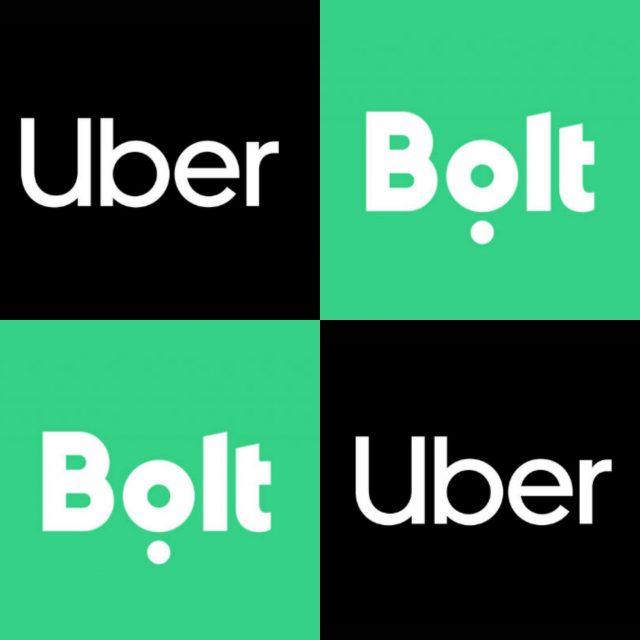Respite for drivers on e-hailing services will end later in August when Lagos State Government’s new regulations for ride-hailing services take effect
Respite for drivers on e-hailing services will end later in August when Lagos State Government’s new regulations for ride-hailing services take effect.
Under the new regulations, which were earlier scheduled to take effect in March, third-party operators like Uber and Bolt that have over 1000 drivers on their platforms will pay ₦25 million licencing fee and ₦10 million annual renewal fee.
Those that have less than 1000 drivers will pay a licensing fee of ₦10 million and an annual renewal fee of ₦5 million if they have less than 1000 drivers. Operators who directly own their cars and employ their drivers will pay only the license fee of ₦5 million if such operators have below 50 drivers. Those who have over 50 drivers will pay ₦10 million for the operating license.
E-hailing operators are also to pay 10 per cent “service tax” on “each transaction paid by the passengers” and are mandated to renew their licenses three months before the expiration of the current licence.
The president of the National Union of Professional App-Based Workers Ayoade Ibrahim said that the new regulations put a heavy burden on the drivers and expose them to the whims of ride-hailing companies. The spokesperson for Lagos State Ministry of Transport Bolanle Ogunlola confirmed that the new regulations will start on August 20. She said the enforcement of the guidelines will not start until after a stakeholder meeting is held.
Ibrahim insisted members of the union are not against the government properly regulating the industry in the state as they have agreed to pay taxes on their income to the government. A similar arrangement, he said, is in place for the unregulated yellow cab drivers. But the problem is more than the payment of taxes. The interpretation of the provision of who pays the 10 per cent commission on each trip to the Lagos State Government is also contentious.
Section 4.1 (v) of the new guidelines says: “All operators of e-Hailing Taxi Services must pay the State Government 10% Service tax on each transaction paid by the passengers to the operators.”
Although according to Ibrahim, state officials said the service tax will be deducted from the commission collected by ride-hailing companies, the section does not specify if the tax will be made on the total amount paid by the passengers or the commission paid deducted from such payment by the ride-hailing companies.
The union feared drivers will still, directly or indirectly, pay the service tax even if the deduction is made on commissions payable to the ride-hailing companies.
“If they start collecting the 10 per cent and Uber increases its commission from 25 per cent to 35 per cent can [the] government stop them? The government must listen to driver-partners. We are talking of price mechanism, security, and policies that will leverage competition.”
Ibrahim also revealed that the government threatened to force the drivers off the roads using officers of the notorious Vehicle Inspection Services, also known as VIO, until the operators on whose platforms they operate pay the fees. Ibrahim said the threats were unfair to him and his colleagues. The drivers said they will resist any attempt to clamp down on their operations.
TheGuardian
